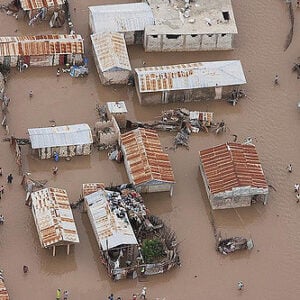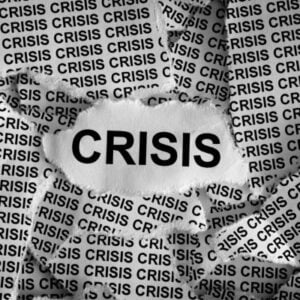As Hurricane Melissa moves slowly across the Caribbean Sea, powerful winds, heavy rains, and flash flooding have placed at least 1.6 million children at risk, according to UNICEF. The storm threatens several Caribbean countries, including Jamaica, Haiti, Cuba, and the Dominican Republic, where intense weather is expected to last for days and disrupt essential services in already vulnerable coastal communities.
UNICEF has emphasized the importance of early preparedness and rapid response to reduce the potential impact of the hurricane. Roberto Benes, UNICEF’s Regional Director for Latin America and the Caribbean, highlighted that small island nations remain particularly vulnerable to extreme climate events. He reaffirmed UNICEF’s commitment to supporting governments in strengthening their capacities to anticipate and respond to such crises, ensuring that vital services for children are maintained.
Over the past decade, around 11 million people—including nearly 4 million children—have been directly affected each year by natural and human-made disasters in Latin America and the Caribbean. As extreme weather events intensify, UNICEF is working with national authorities and partners to bolster emergency preparedness across the region. This includes pre-positioning essential supplies such as hygiene kits, water purification tools, medical items, and cash assistance for at-risk households, particularly in southern Haiti.
To reinforce its regional response efforts, UNICEF has requested $19 million in 2025 to strengthen disaster preparedness and emergency programs throughout Latin America and the Caribbean, aiming to safeguard the lives and well-being of children and families in the path of Hurricane Melissa and future climate-related disasters.







